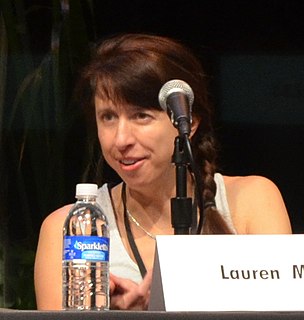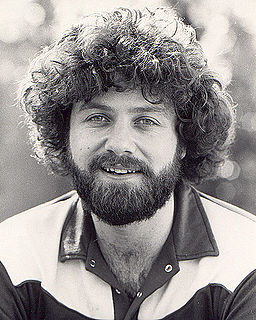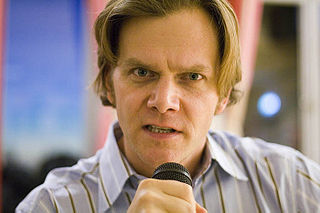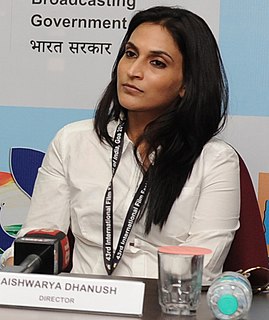A Quote by Ashwin Sanghi
Writing is a intensely personal activity. I can pen down my best thoughts when I'm alone. But when one is elevated into the stature of an author, you have to think about your books in terms of their business angle.
Related Quotes
First, consider the pen you write with. It should be a fast-writing pen because your thoughts are always much faster than your hand. You don't want to slow up your hand even more with a slow pen. A ballpoint, a pencil, a felt tip, for sure, are slow. Go to a stationery store and see what feels good to you. Try out different kinds. Don't get too fancy and expensive. I mostly use a cheap Sheaffer fountain pen, about $1.95.... You want to be able to feel the connection and texture of the pen on paper.
I always give books. And I always ask for books. I think you should reward people sexually for getting you books. Don't send a thank-you note, repay them with sexual activity. If the book is rare or by your favorite author or one you didn't know about, reward them with the most perverted sex act you can think of. Otherwise, you can just make out.
One of the few ways I can almost be certain I'll understand something is by sitting down and writing about it. Because by forcing yourself to write about it and putting it down in words, you can't avoid having your say on the subject. You might be wrong, but you have to think about it very intensely to write about it.
At last I understood that the way over, or through this dilemma, the unease at writing about 'petty personal problems' was to recognize that nothing is personal, in the sense that it is uniquely one's own. Writing about oneself, one is writing about others, since your problems, pains, pleasures, emotions—and your extraordinary and remarkable ideas—can't be yours alone. [...] Growing up is after all only the understanding that one's unique and incredible experience is what everyone shares.
I cannot find any patience for those people who believe that you start writing when you sit down at your desk and pick up your pen and finish writing when you put down your pen again; a writer is always writing, seeing everything through a thin mist of words, fitting swift little descriptions to everything he sees, always noticing. Just as I believe that a painter cannot sit down to his morning coffee without noticing what color it is, so a writer cannot see an odd little gesture without putting a verbal description to it, and ought never to let a moment go by undescribed.
Marriage I think For women Is the best of opiates. It kills the thoughts That think about the thoughts, It is the best of opiates. So said Maria. But too long in solitude she'd dwelt, And too long her thoughts had felt Their strength. So when the man drew near, Out popped her thoughts and covered him with fear. Poor Maria! Better that she had kept her thoughts on a chain, For now she's alone again and all in pain; She sighs for the man that went and the thoughts that stay To trouble her dreams by night and her dreams by day.

































